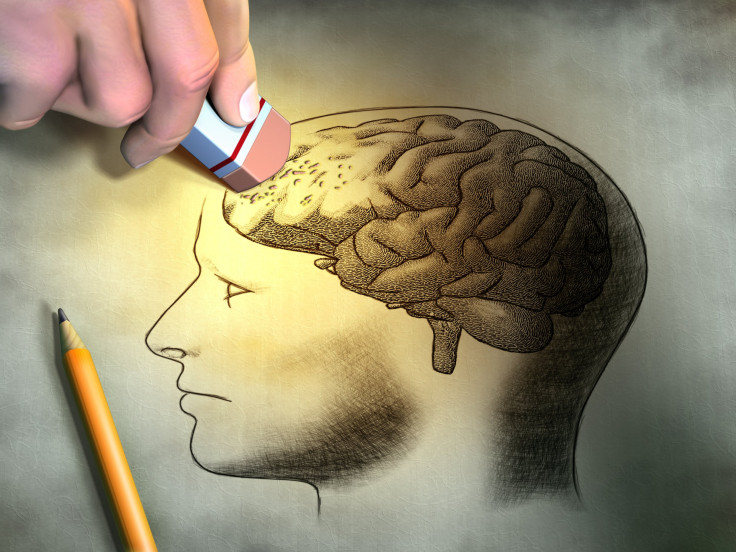How Molecules Make Memories: Researchers Watch Brain Cells Form Memories In Real-Time Through Advanced Imaging [VIDEO]

What sparks the mind to form memories? Researchers at Yeshiva University were able to watch molecules form memories in the brains of mice, according to a report released by the university Thursday. The researchers observed the process by attaching fluorescent tags to certain molecules that are crucial to forming memories — an advanced imaging technique rarely used in animals.
The tags revealed that our recollection of special words, images, and events could possibly occur when brain cells form especially strong connections between each other. To understand the molecular basis of memories, scientists must observe the brain in close detail. This can prove difficult because neurons are sensitive and easily disturbed, making it hard to isolate specific cause-and-effect actions. The technique used by the researchers for this study involved marking particles in the brain called mRNA molecules with fluorescent tags.
The mRNA molecules are known to help release a substance called beta-actin protein — a chemical that plays a large role in the formation of memories. By tagging mRNA, the researchers could watch the production of beta-actin in real-time. Here’s what they observed:
As the researchers stimulated neurons inside the mouse’s hippocampus (the part of the brain where memories are made and stored), beta-actin molecules began to form inside neurons. The beta-actin molecules then travelled through the neuron’s "dendrites" — or the branches of the neuron that reach out to other neurons to form a synapse connection. A synapse connection describes the point at which neurons connect. Think of dendrites as fingers on a hand that reach out to other hands to entwine. According to the report, an increase in beta-actin protein strengthens this synapse connection. The researchers suggest memories are then made because “stable, long-lasting synaptic connections form between neurons in contact with each other,” they said in a news release.
Packaging and Sealing Memory Molecules
A second paper mentioned in the news release reports that neurons have the special ability to control how much mRNA and beta-actin protein it produces. By locking and "sealing" packages of beta-actin protein, neurons ensure just the right amount of beta-actin protein is produced, and this could explain why the brain remembers certain stimulated events, and not others. In the news release, senior author Robert Singer said the “observation that neurons selectively activate protein synthesis and then shut it off fits perfectly with how we think memories are made.” He adds, “Frequent stimulation of the neuron would make mRNA available in frequent, controlled bursts, causing beta-actin protein to accumulate precisely where it’s needed to strengthen the synapse.”
Sources:
Park, H., Singer, R., Wu, B., Yoon, Y., Lopez-Jones, M., Meng, X. Visualization of Dynamics of Single Endogenous mRNA as Labeled in Live Mouse. Science. 2014.
Park, H., Singer, R., Wu, B., Yoon, Y., Lopez-Jones, M., Meng, X. Single Beta-actin mRNA Detection in Neurons Reveals a Mechanism for Regulating Its Translatability. Science. 2014.
Published by Medicaldaily.com



























